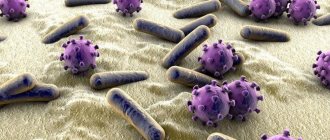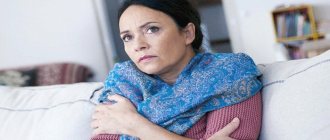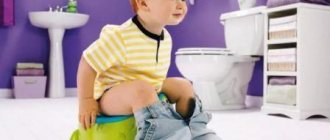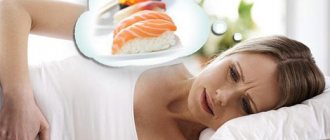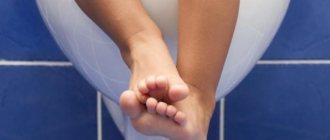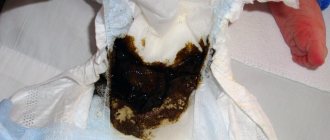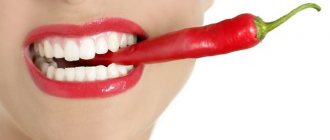Why is this happening
If the urge to go to the toilet occurs immediately after eating, this indicates a disruption in the functioning of the gastrointestinal tract. Digesting food is a complex process. Products release microelements and nutrients that provide a person with energy. The absorption process does not end in the stomach, but continues in the small intestine.
Loose stools immediately after eating indicate that the speed of food movement through the digestive tract is greater than normal. Food is not digested, and vitamins and microelements are not absorbed. Before treating this problem, you should be examined by a doctor. There are serious factors that cause diarrhea when eating.
Reasons for visiting the toilet after eating
A person who knows that after lunch or dinner he will need to look for a toilet does not feel free. He can’t stay at home all the time, where the bathroom is located a few steps away?
The reasons for this condition are varied. First of all, frequent urge to go to the toilet after eating can be explained by irritable bowel syndrome (IBS) . It is characterized by a complex of functional disorders of food digestion in the gastrointestinal tract. In this case, there is no organic damage to the intestine itself.
IBS occurs in people between 25 and 45 years old, and is more common in women. In addition to constant trips to the toilet after eating, you also have to endure the following symptoms:
- discomfort and pain are felt in the lower abdomen;
- the stool becomes foul-smelling and liquid. It contains a lot of mucus;
- increased gas formation and flatulence.
In addition to IBS, the cause of the urge to defecate after eating can be:
- Thyrotoxicosis (hyperthyroidism) is an increase in the hormonal activity of the thyroid gland.
- Acute and chronic colitis , occurring in the area of the mucous membrane of the large intestine.
- Crohn's disease is a gastrointestinal pathology of unknown etiology. It occurs in a chronic form and can affect all parts of the digestive system. The disease is a type of inflammatory disease of the gastrointestinal tract.
- Polyposis – single or multiple polyps – benign formations – appear on the mucous membranes of the stomach and intestines. The disease is more common in men. Polyps must be promptly removed so that they do not become malignant.
- Colorectal cancer . This disease refers to a malignant tumor of the rectum (rectum) or large intestine (colon).
- Intestinal dysbiosis is a clinical and laboratory syndrome, the appearance of which is caused by pathological changes in the structure of the intestinal microflora. This applies to both its qualitative and quantitative composition.
- Intestinal tuberculosis is a chronic infectious disease that occurs under the influence of mycobacteria. They affect the intestinal wall and contribute to the formation of specific granulomas that destroy the digestive organs.
- Helminthic infestation is the ingestion of various types of worms into the body. Products and the results of their vital activity have a destructive effect on internal organs and impair the functioning of the digestive system.
Causes of the disease
There are several main reasons why diarrhea appears after every meal:
- irritable bowel syndrome;
- nervous experiences;
- poor diet or stale food;
- intestinal diseases;
- food allergies;
- intestinal dysbiosis;
- intestinal infections.
Having figured out why diarrhea begins after eating, you should take the necessary measures.
Diarrhea due to irritable bowel
Irritable bowel syndrome is a widespread condition. About a third of the world's population suffers from this disease. Diarrhea after eating appears due to processes occurring in the mucous membrane of the organ.
Irritable bowel syndrome, the causes and treatment of which lies in the functioning of the endocrine and digestive systems, is accompanied by the following symptoms:
- cramping pain;
- constant abdominal discomfort;
- increased gas formation;
- bubbling sounds in the intestines;
- bowel disorder.
We recommend: Causes of white diarrhea in adults
In adults, the disease manifests itself as diarrhea.
Diarrhea due to stress
It is surprising that diarrhea after eating can develop due to emotional experiences. Constant nervous tension disrupts normal digestion and causes bowel movements after each meal.
Treatment of the condition involves changing lifestyle, reducing stress, and taking sedatives. In addition to stabilizing the psycho-emotional background, it is important to monitor nutrition, avoiding fatty and difficult-to-digest foods.
Diet as a Cause of Diarrhea
It is not for nothing that many experts associate intestinal disorders with food intake. The reason often lies in eating stale or heavy food.
When poisoned, a person experiences stomach pain and diarrhea. This is due to the penetration of toxic substances into the blood. Sometimes symptoms appear immediately after eating, and sometimes it takes longer - up to 3-4 hours. In addition to diarrhea and pain in the intestines, a person experiences other symptoms. Nausea, weakness, and fever appear.
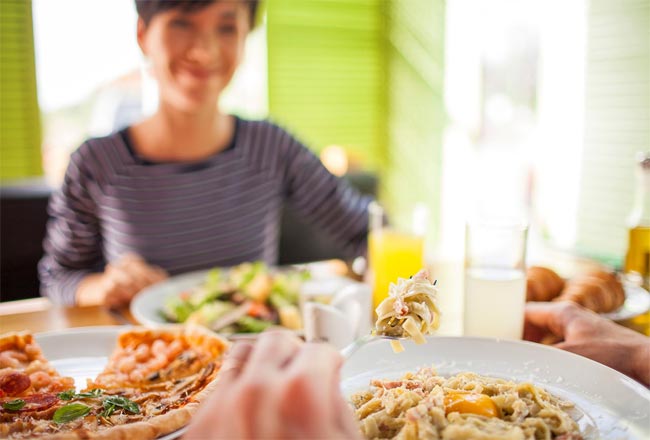
Food poisoning is most often caused by the following products:
- meat;
- fish;
- salads with mayonnaise;
- cakes;
- canned food
In the summer, poisoning occurs more often due to hot weather. There is a high risk of getting problems with the intestines after visiting lavish banquets, where food storage and preparation standards are violated.
Intestinal diseases
Diarrhea in an adult occurs due to inflammatory bowel disease. For a long time they are asymptomatic. When symptoms appear, the disease requires immediate action.
Diarrhea after eating occurs in inflammatory bowel diseases such as ulcerative colitis and Crohn's disease.
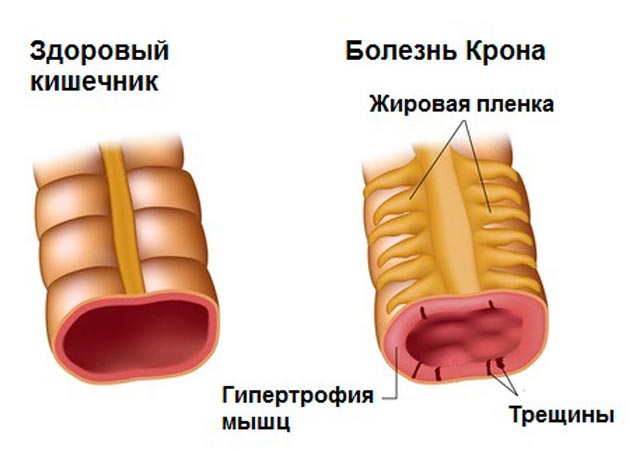
Colitis can occur in chronic and acute forms. The causes are associated with poor diet and allergic reactions. With diarrhea, the patient feels discomfort in the intestines and cannot eat calmly, because he immediately wants to go to the toilet.
With Crohn's disease, a lot of salts and fluid accumulate in the digestive system. Therefore, the causes of diarrhea often lie in this disease.
We recommend: What to do if you have pain in the right side and diarrhea?
Diarrhea due to an allergic reaction
Among the immediate causes of diarrhea are food allergies. Intestinal upset is a common symptom of the disease.
If a product enters the digestive system that is not accepted by the body, it will cause diarrhea. Children are more likely to experience the disease, but the disease also occurs in adults. Food allergies are caused by the following foods:
- milk;
- fish;
- eggs;
- chocolate products;
- citrus fruit;
- strawberry.
As you get older, your allergies may go away. At an early age, due to inappropriate foods, bouts of diarrhea can occur up to 6 times a day.
Intestinal dysbiosis
Any intestine loses normal microflora after taking antibiotics. Improper nutrition, at different times, dry food can lead to dysbacteriosis. The abdomen may become swollen and painful.
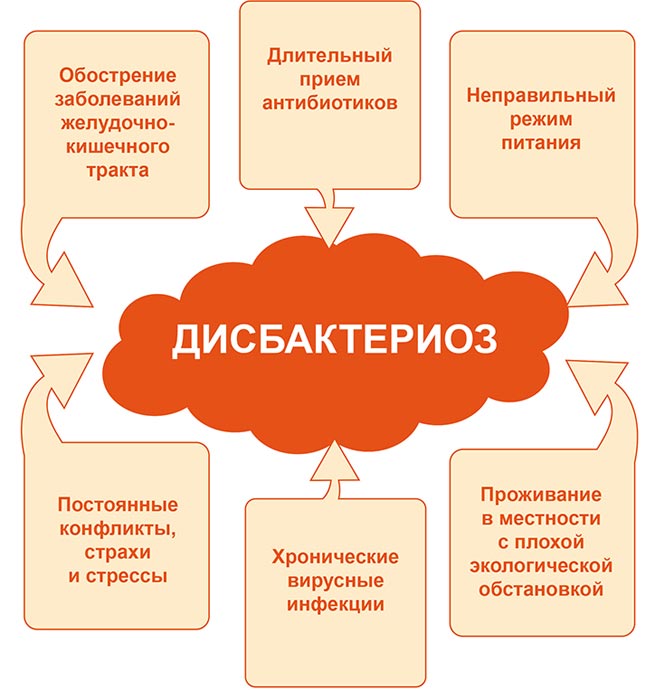
If after eating I immediately go to the toilet, diarrhea may be caused by dysbacteriosis. In this case, people usually go to the doctor to find out the true cause of the disease and begin treatment.
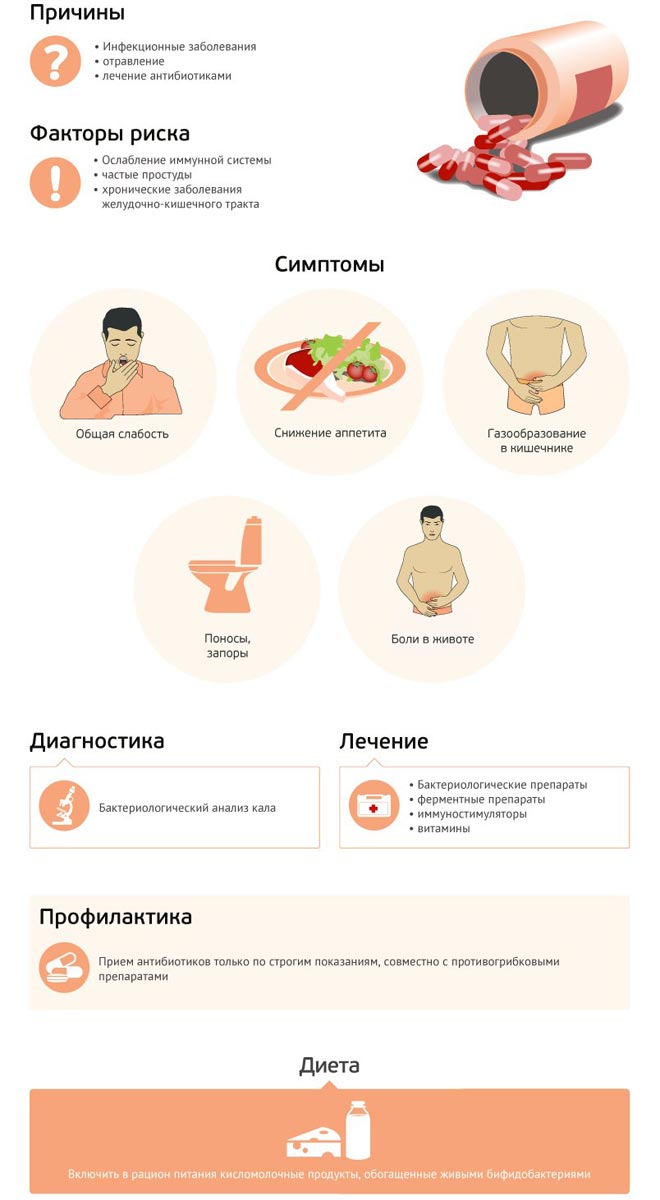
Infection causes diarrhea
If you suspect diarrhea of this etiology, immediately go to a specialist. Infectious diseases caused by bacteria, parasites and fungi provoke acute intestinal disorders. The body loses a lot of fluid and valuable substances and dehydration occurs.
It is impossible to heal on your own. The doctor will give a referral for tests, identify the pathogen and prescribe proper treatment.
Infectious diseases are accompanied not only by diarrhea. A person feels constant lethargy, weakness, dizziness, nausea. Going to the toilet is associated with severe pain.
Is it possible to sleep after eating?
If there is such an opportunity, then it is not only possible, but also necessary. This is completely natural - it’s not for nothing that in kindergartens the sleepy hour always follows lunch.
If you need to stay energetic during the day, then you should not overeat. It is better to divide the entire amount of food into several meals so that the break is no more than 3 hours. This way, digestion will be as physiological as possible. This meal is recommended for weight loss, and it really works. The sugar level after regular meals in small portions is at the same level, there is no hunger, and overeating is excluded by itself.
How long after eating can you sleep?
Discussions on this topic do not subside. Some say that you should never sleep - you will get fat, others - that after eating the sweetest dream is. The truth, as always, is in the middle. The digestion process does not stop whether a person is sleeping or not.
This process proceeds differently during the day and at night: it accelerates in the morning and slows down in the evening. At night, the parasympathetic part of the autonomic nervous system reigns, which reduces all metabolic processes to a minimum. Therefore, it is better not to overeat at night to avoid nightmares and heaviness in the stomach.
Which side is better to sleep on after eating?
On the left, because in this position the gas bubble in the upper part of the stomach is easily released from the air swallowed with food. The entrance and exit from the stomach - the esophagus and intestines - are not in horizontal or vertical planes, but slightly to the side and at an angle. In the position on the left side, the locking mechanisms are weakened, and it is easy for air to leave the stomach. The heaviness passes and you can continue to sleep.
Read further: How long does it take for food to be digested and what does it depend on?
Treatment of diarrhea
If diarrhea develops after eating, treatment is needed. The doctor gives the prescription after the examination. If there are any diseases, it is important to treat them first.
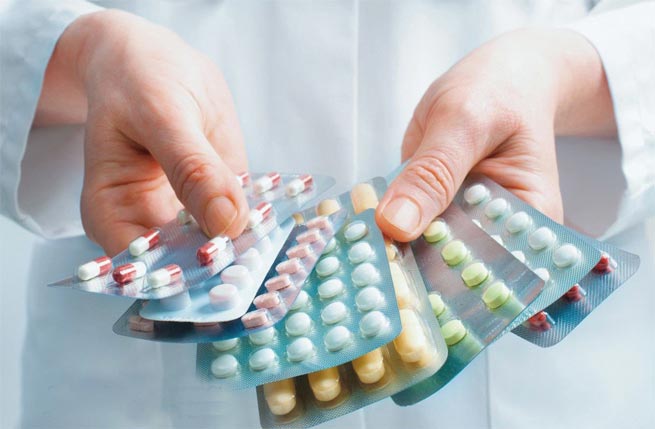
You need to take medications depending on the causes of the disease.
| "Regidron", "Oralit" | Restoring water-salt balance |
| "Smecta", "Atoksil", "Activated carbon" | Removing toxins from poisoning |
| "Metronidazole", "Ofloxacin" | Destroying the infection |
| "Loperamide" | Normalization of motor skills, stopping diarrhea |
| "Linex" | Normalization of microflora |
We recommend: Causative agents of viral diarrhea, symptoms and treatment
If there is blood in your stool, you should immediately consult a doctor. This may be a sign of a serious pathology and require urgent intervention.
In addition to medications, diet will help cope with the problem. You need to give up fatty, fried, smoked and pickled foods. The digestive system will not benefit from alcoholic drinks, canned food and coffee. It is important to exclude chips, soda and sweets. The diet should be dominated by porridge, boiled dietary meat, lean fish and salads with sunflower oil.
Proper nutrition and careful attention to the body will help maintain excellent health. If alarming signs appear, you should consult a doctor and undergo an examination. This will protect the body and help you always feel great!
